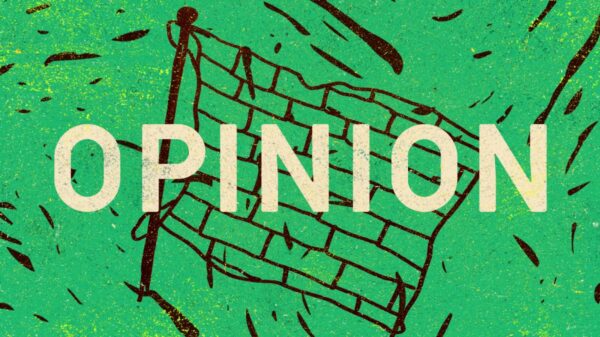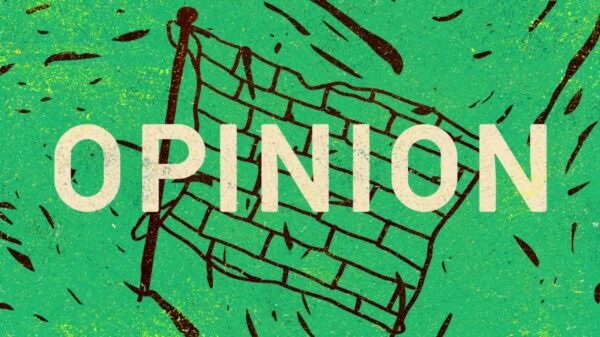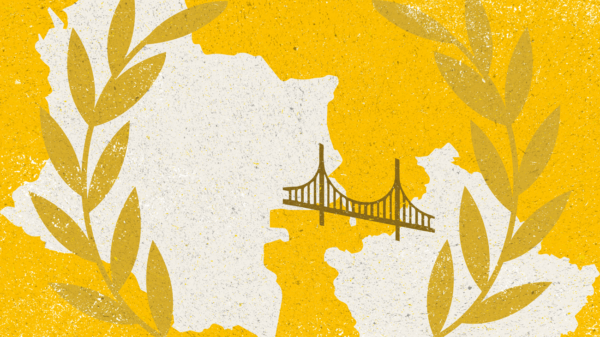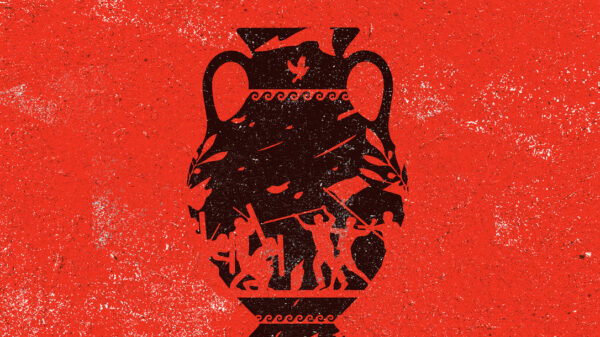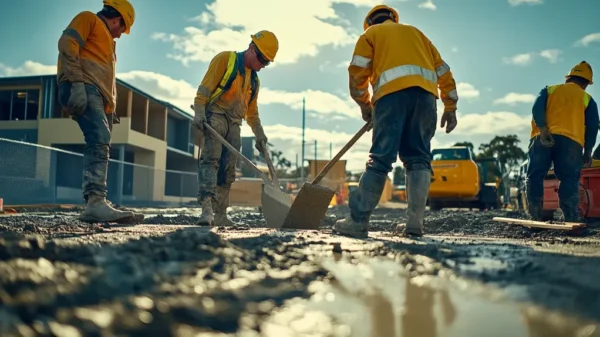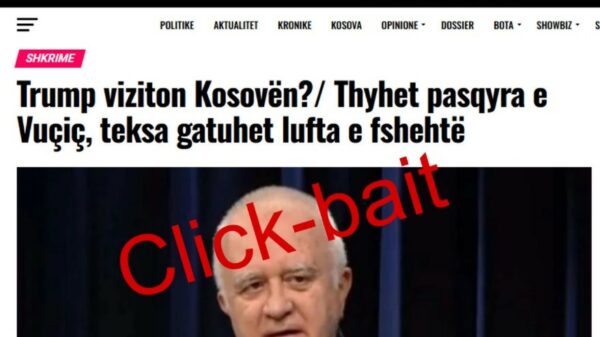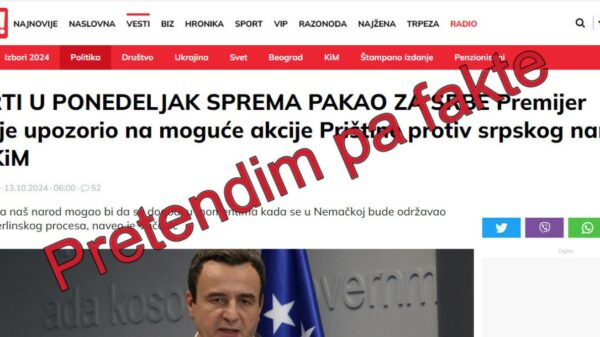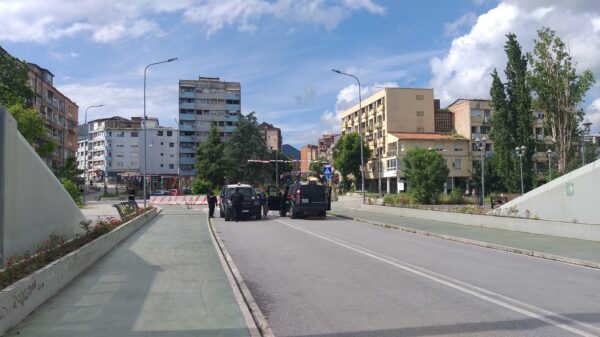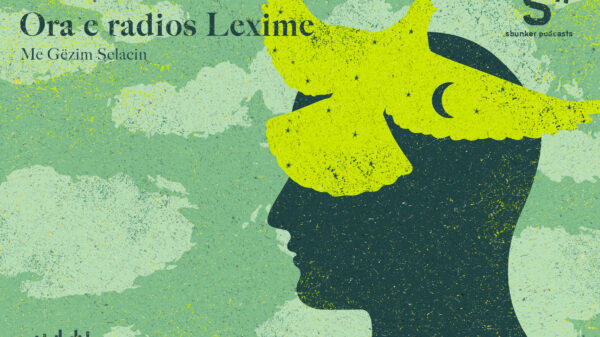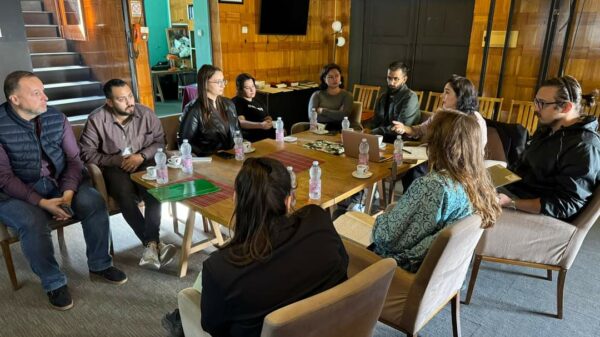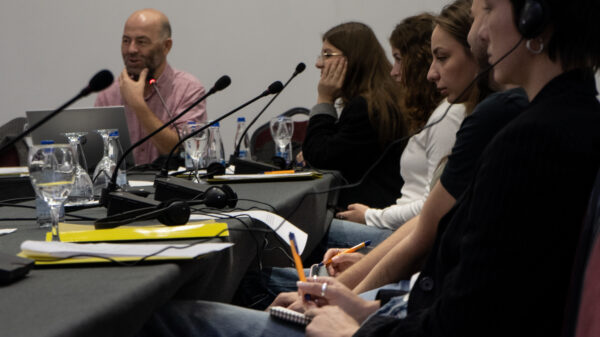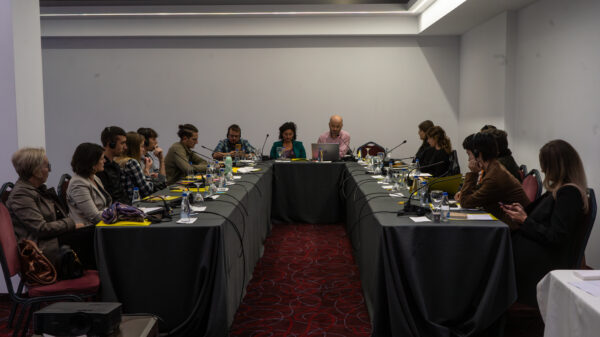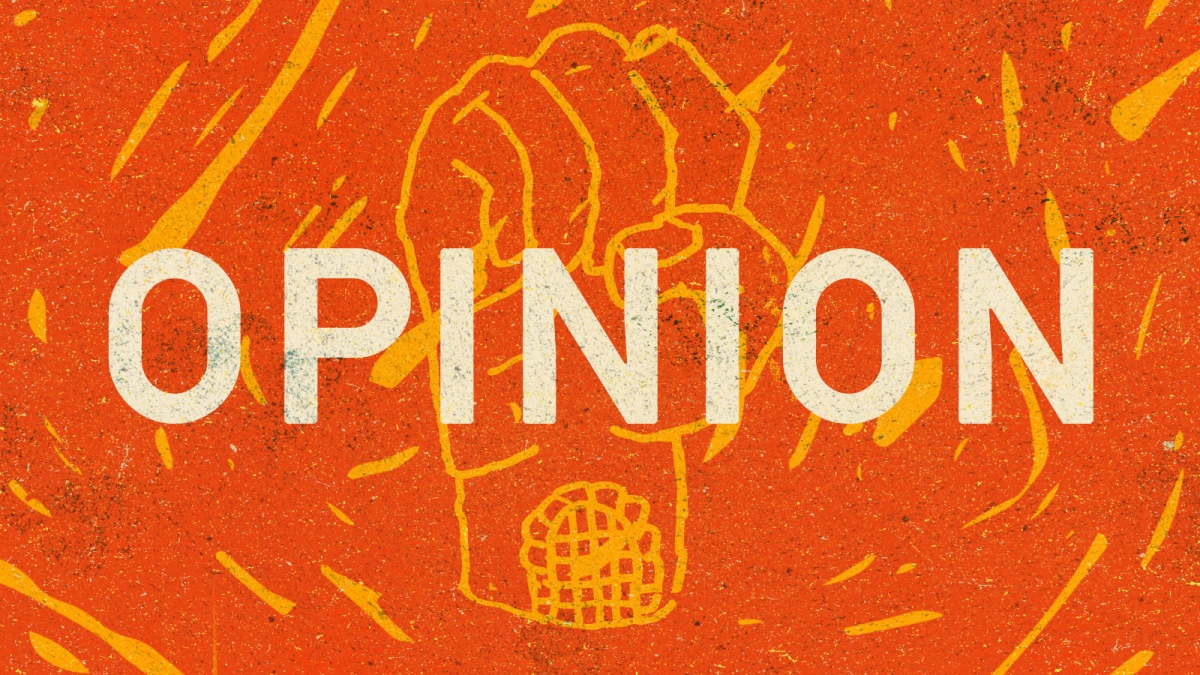On October 9, 2024, Kosovo Serb opposition politician Aleksandar Arsenjevic was arrested for the sixth time for blowing a whistle at a Kosovo government official in north Mitrovica.
The growing Pistaljka protest has spread throughout the Kosovo Serb community to show their opposition to the Kosovo government’s actions in the north.
Arsenijevic was detained for 48 hours but released after 24. He now faces a restraining order, requiring him to remain at least 40 meters away from Visar Syla, the chief of cabinet for North Mitrovica’s mayor, who filed the complaint.
Whether you agree or not with the motivations of the protestors, an individual has the right to freely protest and express their views peacefully even if done in a manner that is annoying. In fact, upsetting the political elites and alerting the public is exactly what legitimate, peaceful protest is supposed to do.
Arsenijevic’s repeated arrests are in violation of many human rights norms and the Kosovo Constitution, including the rights to free speech, freedom of expression and freedom of assembly.
This should alarm all Kosovars. If a government can violate the rights of Arsenjevic and the Serb community so openly, who will be targeted next? Women? LGBTQ+ individuals? Opposition figures? Journalists?
The increasingly violent nature of Arsenjevic’s arrests is a clear sign to those who dare to speak up to the state.
But his case is not the only thing that is worrisome about the Kosovo government’s overreach in the north. The Kosovo government has also been illegally expropriating land from ethnic Serbs in the north for its own use, often for police bases and checkpoints.
This has also recently spread to Gracanica with the local government objecting to 13 acres of land being handed over to an NGO accused of government connections, with no prior consultations with the municipality.
Despite Kosovo court rulings casting doubt on the legality of these expropriations and the international community condemning these actions, the Kosovo government persists.
These developments raise serious questions about property rights. When the government wants to build a road or police station are they just allowed to take anyone’s land?
The Kosovo government has also been releasing tenders for seized properties in the north but many Kosovo Serb community members and civil society activists complain that the process is not transparent with companies claiming properties even before the tenders are officially opened.
Moreover, accusations of favoritism in the privatization process have surfaced, particularly concerning Ekrem Peci, a businessman with alleged ties to Vetevendosje.
Peci, who owns a bar frequented by Interior Minister Xhelal Sveçla in North Mitrovica, is reportedly favored in bids for developments in Zvecan despite not having the top tender. Earlier this year, Peci was accused of drawing a salary as a full-time engineer at Trepça mines despite not showing up for work.
It is disappointing that Kosovo’s civil society and political opposition have remained largely silent in the face of these clear violations of human rights and signs of corruption. Silence in the face of injustice endangers everyone’s rights.
If the government is allowed to systematically violate the rights of one group without consequence, rest assured they will target others next.





